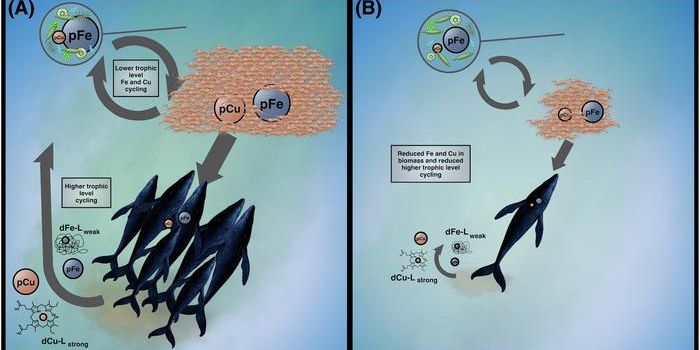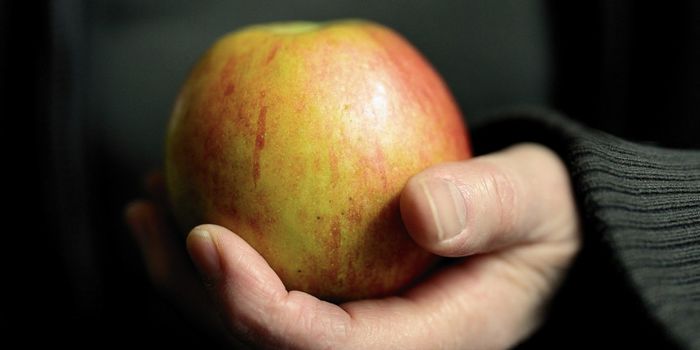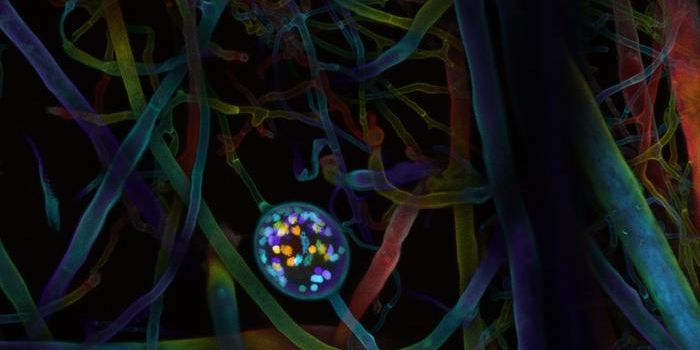Monarch Butterflies' Favorite Food Turns Poisonous Amid Rising Temperatures
Monarch butterflies are some of the world’s most beautiful insects, but they’re experiencing rather tough times at the moment. Unfortunately, a new study performed by Louisiana State University researchers illuminates how global warming could be an exacerbating factor.
Image Credit: Pixabay
In a paper published in the journal Ecology this week, the researchers discuss how global warming impacts the well-being of monarch butterflies indirectly by turning one of the insect’s favorite food sources into a potential poison.
“A lot of global climate change research focuses on a single species, and how that species will be affected by climate change,” explained Bret Elderd from Louisiana State University. “But we know that in reality, species interact, and they are often tightly linked together.”
In lab testing, the researchers found that rising temperatures trigger a chemical reaction in non-native milkweed (Asclepias curassavica), a type of plant that monarch butterflies lay their eggs on and like to munch on when hungry.
In particular, the milkweed begins to produce excess amounts of cardenolides. These chemicals typically deter predators, and in small quantities, they can benefit the caterpillars that munch on it. On the other hand, too much of the stuff can harm caterpillars and the adult monarch butterflies.
“We wanted to explore how species interactions, like that of the monarch and the milkweed, change with climate change, or the indirect effect of climate change on monarch butterflies through the plants they eat and lay their eggs on,” Elderd said.
“If I’m a monarch butterfly, and I’m responding to past environmental conditions, I’ll lay my eggs on A. curassavica,” he added. “But under conditions of global warming, I’ll be doing my offspring a disservice without knowing it.”
Related: How Mexico's monarch butterflies fell victim to weather worsened by climate change
The testing the researchers performed involved exposing A. curassavica to higher temperatures that are projected to occur within the next four decades. The results demonstrate an alarming situation for monarch butterflies and fortify the argument concerning why it's imperative to slow the progression of global warming.
On the flipside, the researchers say the native milkweed A. incarnate isn’t as susceptible to these changes. That said, planters are encouraged to learn the differences and plant more of the native counterpart for the sake of making the world a better place for monarch butterflies going forward.
Source: Louisiana State University









